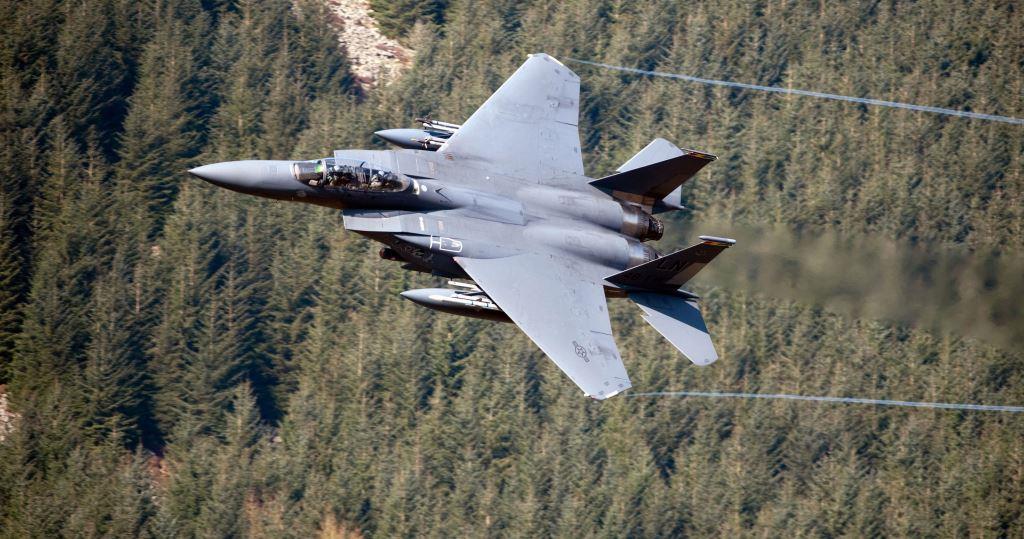
Analysts worried about impact of increased U.S. air strikes in Somalia

Analysts have raised concern over the increase in U.S. air strikes in the Horn of Africa nation. They say that while the drone attacks have helped in the fight against al-Shabaab, they are causing many problems for Somalis
Some of the families who have been victims of an upsurge in airstrikes have shared their story with CGTN’s Abdulaziz Billow.
The majority of the victims are women and children who fled from rural towns near Mogadishu.
Asha Ali is among thousands of displaced families who fled to Mogadishu in November last year.
She told us that she lost her 18-year-old son following a strike in Basra – an agricultural region south of the Somali capital.
“I fled from Basra due to the conflict and aerial strikes – I fled with my four children and left behind my husband. I lost an 18 year old son in the recent attacks there – our house was burnt to the ground – we have nothing left”. Asha said.
In 2017, Washington carried out 34 aerial strikes mostly in southern Somalia neutralizing top al-Shabaab commanders and weakening the Al-Qaeda affiliated group.
But wrong intelligence has often led to high civilian casualties.
In August, U.S. Special Forces killed ten civilians in a rural farm in Bariire sparking a national debate, and after months of investigation, Washington insists that those killed were militants.
“Al-Shabaab will use such cases as credible evidence to seek public support. Drones have targeted religious centers in Middle Shabelle region. The U.S. claims it targeted an Al-Shabaab base but clearly it targeted civilians – the group is using this example to tell the public that U.S. is killing our religious scholars – this in turns creates a backlash”, Sharif Hussein Robow, an independent security analyst said.
U.S. Africa Command says its main mission is to support Somali forces in neutralizing potential threats to peace.
In March, two months after taking office, U.S. president Donald Trump granted his military broader powers to target militants in the East African nation.
Washington remains Somalia’s key ally in battling Al-Shabaab.
It has also pumped in millions of dollars to support the multinational peace keeping mission AMISOM.
“During the previous U.S. administration under Obama, drones had a limited mandate – only to neutralize important targets – but under Trump it’s a different scenario – he has granted AFRICOM full authority to carry out strikes. A lot of things have gone wrong in return; students, civilians have been the victims”, Robow said.
Al-Shabaab is known to use attacks on civilians as propaganda to further its agenda.
Analysts say that the group is seeking to reestablish itself after it was accused of 14th October’s deadly truck bomb in downtown Mogadishu that killed more than 500 people.
Somalia says it still needs U.S. support in ending a decade’s long insurgency. Al-Shabaab continues to pose a security challenge in south central Somalia. A pro-ISIL group is also seeking to establish itself in the mountainous region north-west of Mogadishu. Meanwhile, as AMISOM and Somali forces continue with the ground offensive, experts suggest that U.S. drones will play a crucial role in reducing the group’s attacking capability.






